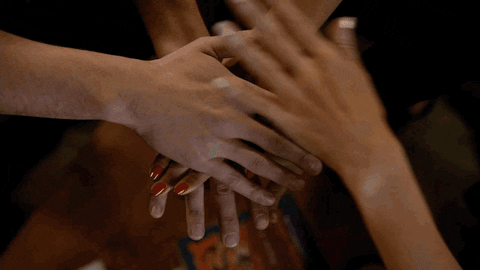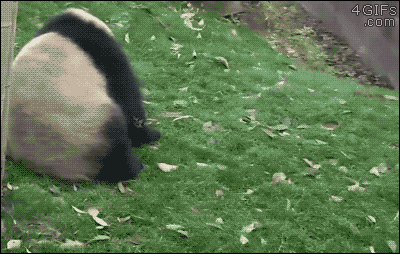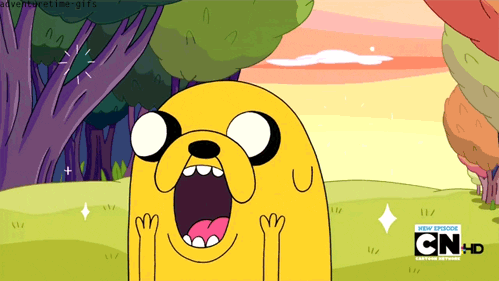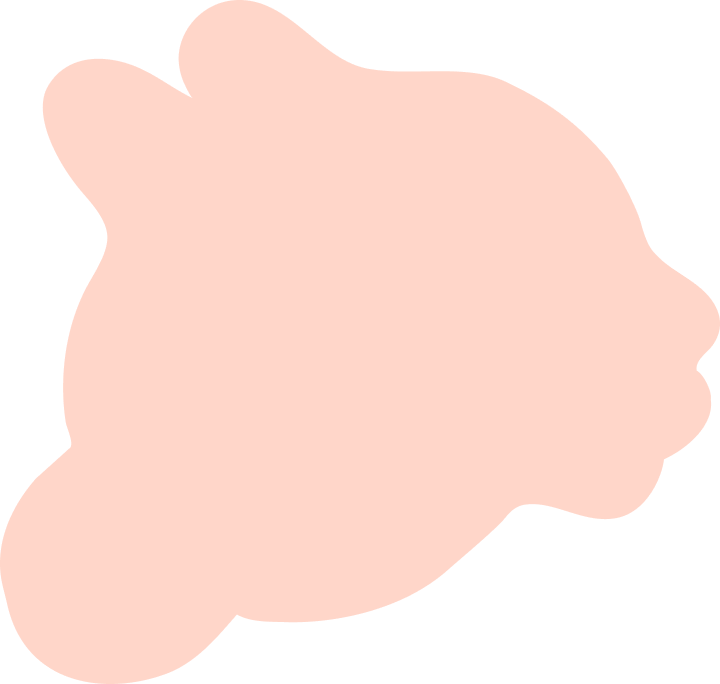


Issue 04 / Exploring Joy, Reimagining Resilience
Rethinking Resilience At Work
A Qualitative Research Study
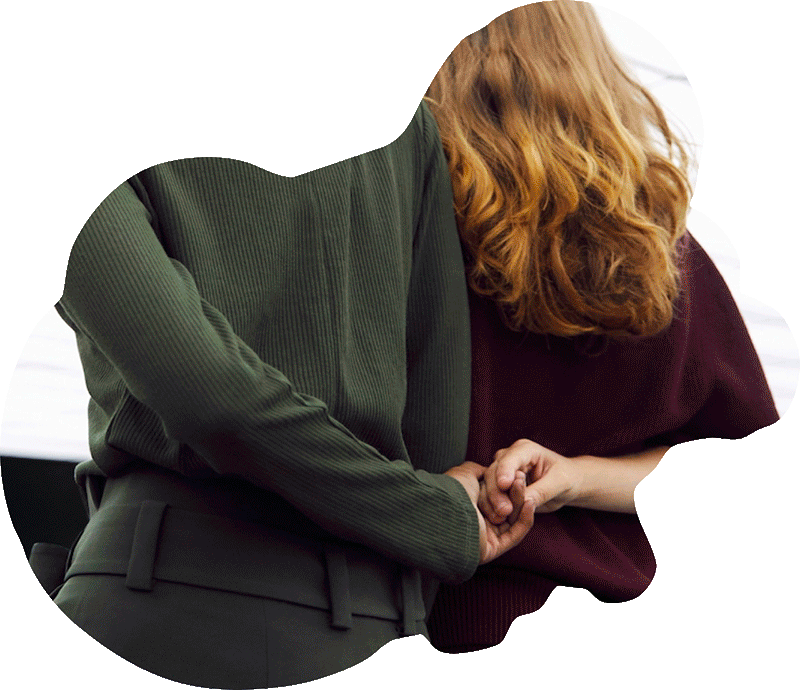
8 min reading time
8 min read
In recent years, the concept of resilience has become a buzzword in the workplace.
Companies are ramping up investments in programs and resources to help their employees develop resilience, hoping to mitigate burnout and improve employee retention. Yet our most celebrated acts of resilience - gritting our teeth to perform under stress - rely on behaviors that put our human needs last and erode our wellbeing. In the relentless pursuit of resilience, are we compromising our wellbeing?
It's a sobering question, made more urgent by a 2023 Gallup report revealing that a mere 32% of U.S. workers feel engaged at their workplaces. With this alarming trend of disengagement, there is a pressing need to re-evaluate and re-imagine resilience at the workplace.

We seek to turn the spotlight onto this dilemma, with the aim to illuminate a more sustainable path forward.
What if we found ways to bring joy into work, rather than separate it? What if our workplaces helped us navigate what healthy collaboration, vulnerability, and risk-taking might actually look like - rather than modeling unhealthy competition and isolation?
Join us on this exploratory journey. Together, let's disrupt conventional wisdom, challenge the status quo, and forge a path towards a more fulfilling future of work.
The Research
In January and February 2023 we conducted a study to examine the behaviors that erode our wellbeing and explore the policies, habits and rituals that could contribute to a more sustainable, joyful resilience at work.
We spoke with 225 full-time, salaried workers to gain an understanding of how they're feeling about their work - what gives them energy, what drains it - and what a more joyful future of work might look like. A third of the respondents work in office settings, a third work fully remote and a third are hybrid where they work at a blend of in-office and remote. The range of respondents reflects a breadth of workplace experiences.
225
Full-time
salaried workers
75
In-person
75
Fully remote
75
Hybrid
Who they were:
Researchers,Project Managers,Software Developers,Designers,Engineers,Paralegals,Physicians,Interior Designers,
We also took a look at ourselves - turning the microscope on our own behaviors and practices at Zeus Jones. Through an internal survey we aimed to get a sense of where we are living up to our ambitions to cultivate a more sustainable, joyful resilience at work and where we are not.
Scroll down to experience what we learned from this research. At the end, you'll be able to download the full summary of our findings.

We Heard:
Trust-starved employees face an uphill battle.
When employees feel trusted to make their own decisions about how and where they work, they are more likely to feel a sense of ownership and pride. While trust from leadership to act autonomously is crucial - isolation or feeling siloed can be a significant source of stress. Balancing autonomy and collectivity is key. When people feel supported by their team, they are more likely to be confident in their abilities to overcome challenges.

We Heard:
Meaningful Collaboration emerges from an environment that values shared honesty and vulnerability.
When given the time and space to work collaboratively with a team, people are more likely to engage in deep thinking and meaningful discussions that lead to new insights and approaches. We want to collaborate with others - but these moments can create additional stress and anxiety when there's a lack of support or pressure to be perfect. The best collaboration comes from moments of vulnerability and radical honesty.
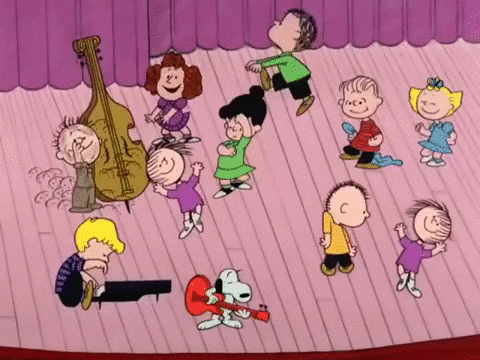
We Heard:
Play as a tool is undervalued and often seen as separate from the work itself.
Today, our notions of play are limited and often disconnected from the actual nature of work. Many organizations don't currently foster the necessary conditions for play - not enough time, not enough support, not enough models. When there's room to play and experiment within workflows, it's possible to solve complex and challenging problems.
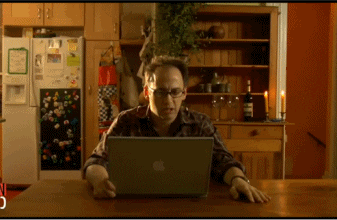
We Heard:
The monotony of remote work underscores the need for novel experiences.
Working from home limits the range of experiences that people have access to on a daily basis. There is also a tension between the expectation to be constantly connected online and an ability to engage with the world around us. People want opportunities for both solo and shared experiences that expose them to new ideas, perspectives, and ways of thinking.
There are many ways to embody a healthy, sustainable resilience at work:
Maybe one day it's maximizing our autonomy to explore, maybe another it's engaging in playful collaboration. But the expectation of sacrificing our joy for productivity still holds us back, and the models for a healthier relationship with work are still very much in formation. The responses of this survey show a need to reconceptualize how trust, psychological safety, play, and novelty become part of the work we do, not just sit alongside it.
Wemoveforwardbyexpandingwhatweseeasproductive.
This means understanding that some activities that may seem unproductive in terms of output are actually critical for unlocking our full productive energy. The best work happens when people feel trusted, psychologically safe, able to play, and are encouraged to explore. And when people feel empowered to do their best work in an environment that acknowledges these realities, they're less likely to be drained by overcoming obstacles along the way.
Taken together, this research shows four key ways to build a workplace that reconciles productivity with a more sustainable resilience.
1
Igniteculturesoftrust
When employees are granted autonomy, they are empowered to make decisions and take ownership of their work. Collaboration, on the other hand, brings individuals together to pool their knowledge, perspectives, and talents. A culture of trust that supports both individual creativity and cross-team collaboration ignites ownership and can enhance innovation across the organization.
2
EmbraceRadicalHonesty
Genuine collaboration flourishes when individuals embrace vulnerability and practice radical honesty. But it also requires an organizational foundation of psychological safety. When employees feel safe enough to take on uncertain challenges and honestly express their thoughts, their potential for growth and innovation is unlocked. Without feeling safe to do so, someone may never voice their breakthrough idea.
3
EmpowerPlayasacatalyst
Play encourages divergent thinking and imaginative exploration, allowing individuals to break free from conventional patterns and generate fresh ideas. But to unlock play as an engine for creativity productivity we can't be limited to ping pong tables and employer-sponsored Zumba classes. Moving away from play as something that is seen as separate from work to integrating playfulness into workflows will allow organizations to realize the potential of play as a tool for enhancing problem-solving skills and unlocking innovation.
4
PrioritizeNovelExperiences
People working from home crave a balance between online connectivity and real-world experiences to fuel creativity. Taking time to experience new environments, cultures, art forms, or even leisure activities can inspire unconventional thinking and imagination when solving work problems. Promoting the productive value of breaking out of our routines might seem counterintuitive, but breaking feelings of isolation and the malaise of sameness day after day leads to new perspectives and a work culture that innovates rather than plods along.
